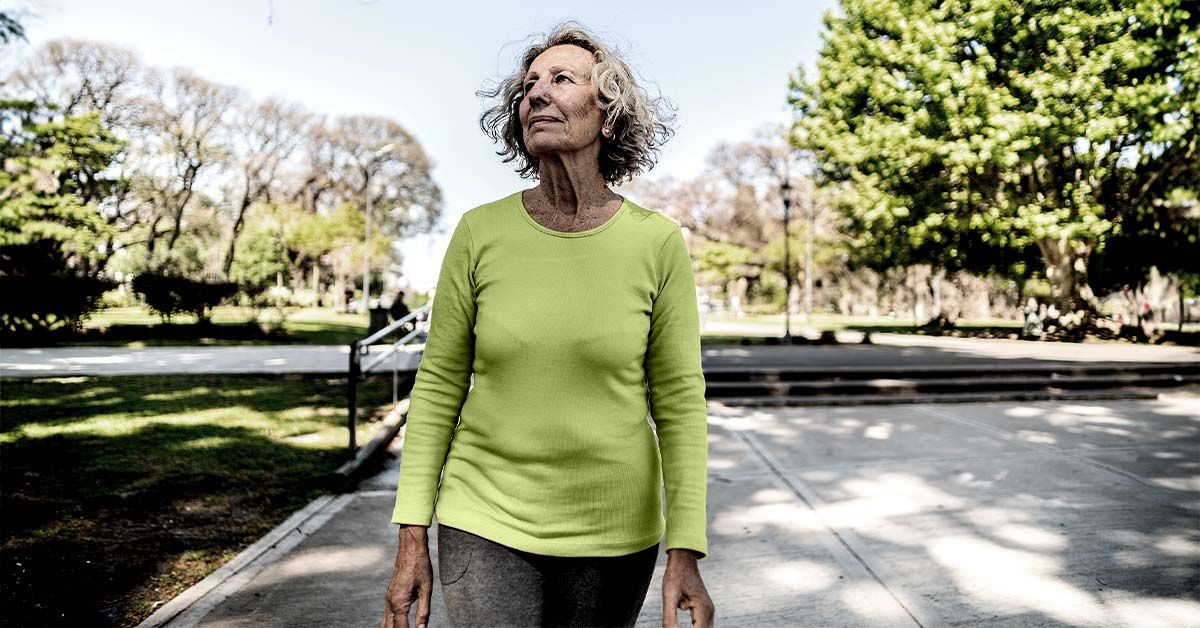- Colorectal cancer is typically diagnosed in adults over 50, but recent studies have shown rising early-onset rates in young adults.
- A new study reports that colon cancer rates have more than tripled in teens ages 15 to 19 in the past 20 years.
- Researchers also found increases among children ages 10 to 14 and young adults ages 20 to 24.
The majority of colorectal cancer cases occur in adults over the age of 50, but new research shows this form of cancer is on the rise in young adults and teenagers.
Now, a new study reports from 1999 to 2020, rates of colorectal cancers grew 500% among children ages 10 to 14, 333% among teens ages 15 to 19, and 185% among young adults ages 20 to 24.
The research is being presented on May 20 at Digestive Disease Week 2024 in Washington, DC.
For this study, researchers used data from the Centers for Disease Control Wonder Database to analyze trends in colorectal cancer rates for people ages 10 to 44 from 1999 to 2020.
When examining the data, researchers found changes in colorectal rates, including:
- Children aged 10 to 14 — from 0.1 per 100,000 in 1999 increased to 0.6 per 100,000 in 2020
- Teens aged 15 to 10 — from 0.3 per 100,000 in 1999 increased to 1.3 per 100,000 in 2020
- Young adults aged 20 to 24 — from 0.7 per 100,000 in 1999 increased to 2 per 100,000 in 2020
Scientists also observed a 71% increase in colorectal cancer cases in adults ages 30 to 34 and a 58% increase in adults ages 35 to 39 from 1999 to 2020.
“Colorectal cancer is no longer considered just a disease of the elderly population,” said lead researcher Islam Mohamed, MD, an internal medicine resident physician at the University of Missouri-Kansas City, in a news release.
“It’s important that the public is aware of signs and symptoms of colorectal cancer.”
While a
“The fact that people are being diagnosed with colon cancer at a younger age provides us a lot of insight that the clock starts ticking at a young age,” Anton Bilchik, MD, PhD, surgical oncologist, chief of medicine and director of the Gastrointestinal and Hepatobiliary Program at Providence Saint John’s Cancer Institute in Santa Monica, CA — who was not involved in this study — explained to Medical News Today.
“We need to be very aware of things that can be done to prevent the development of colon cancer,” Bilchik said, noting preventive strategies like regular physical activity and eating less
Jacqueline Casillas, MD, board certified pediatric hematologist/oncologist and medical director of the Jonathan Jaques Children’s Cancer Institute at MemorialCare Miller Children’s & Women’s Hospital Long Beach in California, not involved in this study, told MNT:
“While we don’t know all of the etiologies, I think it (the study) does highlight some of the possible risk factors, like we know that we have increasing rates of obesity within the United States — is that a risk factor? We do eat a lot of processed foods and so is it that we’re not eating the healthy diet recommendations with fruits, vegetables, and a high fiber diet versus our processed foods and a high-fat diet.”
Bilchik said another possible cause for increased colorectal cancer cases in younger people may be related to antibiotic use.
“It’s well known that our body has trillions of bacteria known as the microbiome and that these bacteria play an important role in the immune system and in preventing the development of colorectal cancer, as well as cardiovascular illness,” he explained.
“And it’s certainly possible that the indiscriminate use of antibiotics at a young age may be neutralizing some of these important bacteria, predisposing younger people to the development of colon cancer down the road.”
Bilchik added everyone should pay more attention to doing things that are anti-inflammatory rather than pro-inflammatory, which have been shown to
“
“We should pay attention at a young age to what is anti-inflammatory, such as eating the right foods, eating a balanced diet, eating fresh food, and most importantly exercising and avoiding a sedentary lifestyle.”
Casillas said that people should not forget about other risk factors for cancer that have been shown in older adults, noting the following:
“While children might not be drinking alcohol, teens are exposing themselves to alcohol,” she explained. “It’s really important to focus that in terms of our cancer prevention and control efforts about the risks associated with alcohol, tobacco use, obesity, as well as just the importance of maintaining a healthy lifestyle so we’re not sedentary.”
Bilchik said while he found the study provocative, we must be somewhat cautious when interpreting the findings.
“They use percentages, which are very high, to suggest that there is a 400% or 500% increase in very young people being diagnosed with colon cancer,” he continued.
“But if you translate that to absolute numbers, we’re talking about the difference between 1 or 2 out of a million versus 6 out of a million,” Bilchik explained.
“So I think when we talk about these absolute numbers versus the percentages, the percentages sound very alarming, but the actual numbers suggest that it still is not very common among really young people,” Bilchik added.
Casillas said this study is important as it will help with future studies as we do not want to continue to see this incident pattern continue to increase.
“It’s an important foundational study so we can see what we have to do for defining (the) next steps for hopefully early diagnosis or mitigating any risk for developing (colorectal cancer),” Casillas added.
“I think it’s going to be important for the research community (to continue) to explore these different factors to try to understand the why.”













